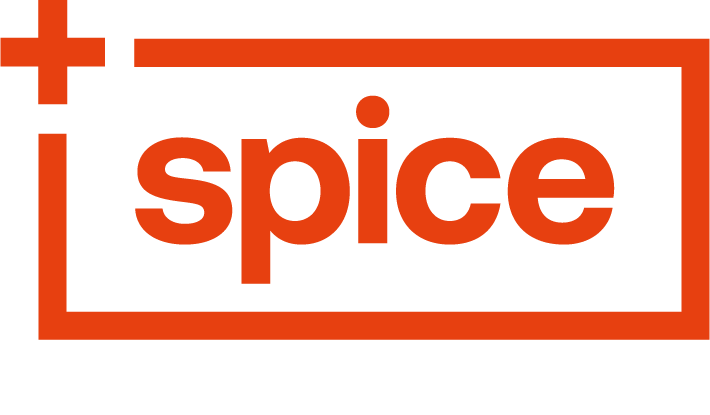
Let’s talk about business restructures and the changes they bring.
Change is one of those things that is inevitable in life. It’s so inevitable that it has generated many famous quotes all about how change is one of the only things we can be certain of!
Small changes happen daily for New Zealand businesses. Suppliers come and go, people move in and out of roles, and sometimes the boss might even spring for the good coffee in the break room!
But when the economy is not exactly booming, larger changes can start to loom.
Businesses are often forced to examine how they operate to understand if there is a better or more efficient way to do things. This can lead to potential business restructures.
If your business is currently in this position, you’ll want to ensure you handle the change management process correctly.
Let’s look into what that involves and how you can navigate things correctly at your workplace.
What Is Change?
Workplace change is any kind of change that might impact the roles of your team members. It doesn’t necessarily mean removing or disestablishing roles; it can also mean other forms of change. Often referred to as business restructuring, workplace change can involve modifications to an organisation’s structure, processes, technologies or workforce.
There are many ways that the need for change can come about. It can be anything from rapid growth and technological advancements to a downturn in the economy or a change in strategic focus. No matter the cause of the change, the end goal is to help a business be more efficient or to ensure operational continuity.
Whilst workplace change is an inevitable part of running a business, you can’t just make changes willy nilly! Following the correct change management process is crucial for ensuring a successful outcome for your organisation and the people within it.
Handling Change
As an employer, you are fully entitled to make changes to your business and structure it in a way that allows you to operate efficiently, serve your customers well and enact your business plan. However, you need to undertake change correctly.
If you are considering any form of change in your business, you need to make sure you have a good understanding of how it will impact your employees. You will need to be guided by their employment agreements as these ‘set out the basis for the employment relationship and the process for changing its terms’.
A business restructure must be done for genuine business reasons and in good faith. Restructuring cannot simply be an excuse to remove someone you consider to be a bad egg! According to the Employment NZ website, these are all legitimate reasons for change and what that change might entail:
- improved technology
- more productive business processes
- product changes
- loss of suppliers or markets
- shifts in customer or market requirements
- financial reasons.
Changes of this nature may result in a structural change such as:
- adding new roles
- merging two or more existing roles
- refocusing aspects of a role
- removing roles that are not needed
- a combination of these things.
Following The Change Process
Now we know what genuine change looks like and how you might go about achieving it, you need to consider the specific process to make it happen. As a starting point, there is a general overview of the change process on the Employment NZ website.
However, because change can be major for your team, many businesses choose to work with a professional when undertaking a restructure. By engaging professional HR or legal expertise, you can ensure all the crucial elements are considered and you create the best chance of successful change for your organisation.
A key part of that successful change will be keeping empathy top of mind throughout. Announcing a restructure will make your team nervous, it’s just human nature. So, it’s vital to handle the situation with care and understanding to minimise the impact and to create better outcomes for everyone involved.
Navigating The Change Process
Getting through the change process successfully is all about preparation, communication and empathy. Here are some tips for how you can navigate this difficult situation with that in mind:
Communication and Tone
Communicating the proposed changes to your team is really important, and you want to use the right tone when making these communications.
Whilst it is necessary to be straightforward when providing key details, it is equally important to present this information with empathy and understanding. Remember that you are dealing with humans who have real feelings. There may be negative consequences to the changes you are proposing. Recognise the challenges that may be ahead for these people without making excuses, being defensive, or overly sentimental.
Transparency
It’s also important to be transparent about the state of the business. Regularly keep your team informed about the company’s status. This is particularly important when things aren’t looking good or when job security might be in question, as this will be when people are the most worried. If you remain honest and transparent, the news of potential redundancies or change won’t come as a sudden shock.
Outline The Way Forward
When people know what to expect, they can personally process the change easier. So, clearly outline the way forward by positioning the proposed changes as part of a broader strategy for the company’s future. By communicating a clear vision, you can inspire confidence in your people and alleviate concerns they might have.
Allow Space For Questions
Change will always spark questions from people, so you’ll need to allow space to answer those questions. Be ready to explain the reasons behind your restructuring plans to give your employees the necessary information. As we mentioned earlier, it is helpful to have the expertise of HR and/or legal experts during this process to ensure compliance and correctness.
Be honest and helpful when answering questions. You obviously cannot give guarantees that further change or redundancies will not take place in the future as no one can predict what might happen. But you can express confidence in the new direction your business is taking and reassure your employees that there are no immediate plans for further cutbacks.
Need Some Help?
Workplace change is inevitable, but that doesn’t necessarily make it easy to handle. In fact, it can be downright stressful trying to tackle it alone!
That’s why it can be incredibly helpful to have the backing and support of a professional HR company. Intricately understanding the ins and outs of change management, the team here at Spice HR can help you navigate business restructures calmly and effectively.
Chat with us today to see how we can help you take the first steps towards positive change.









